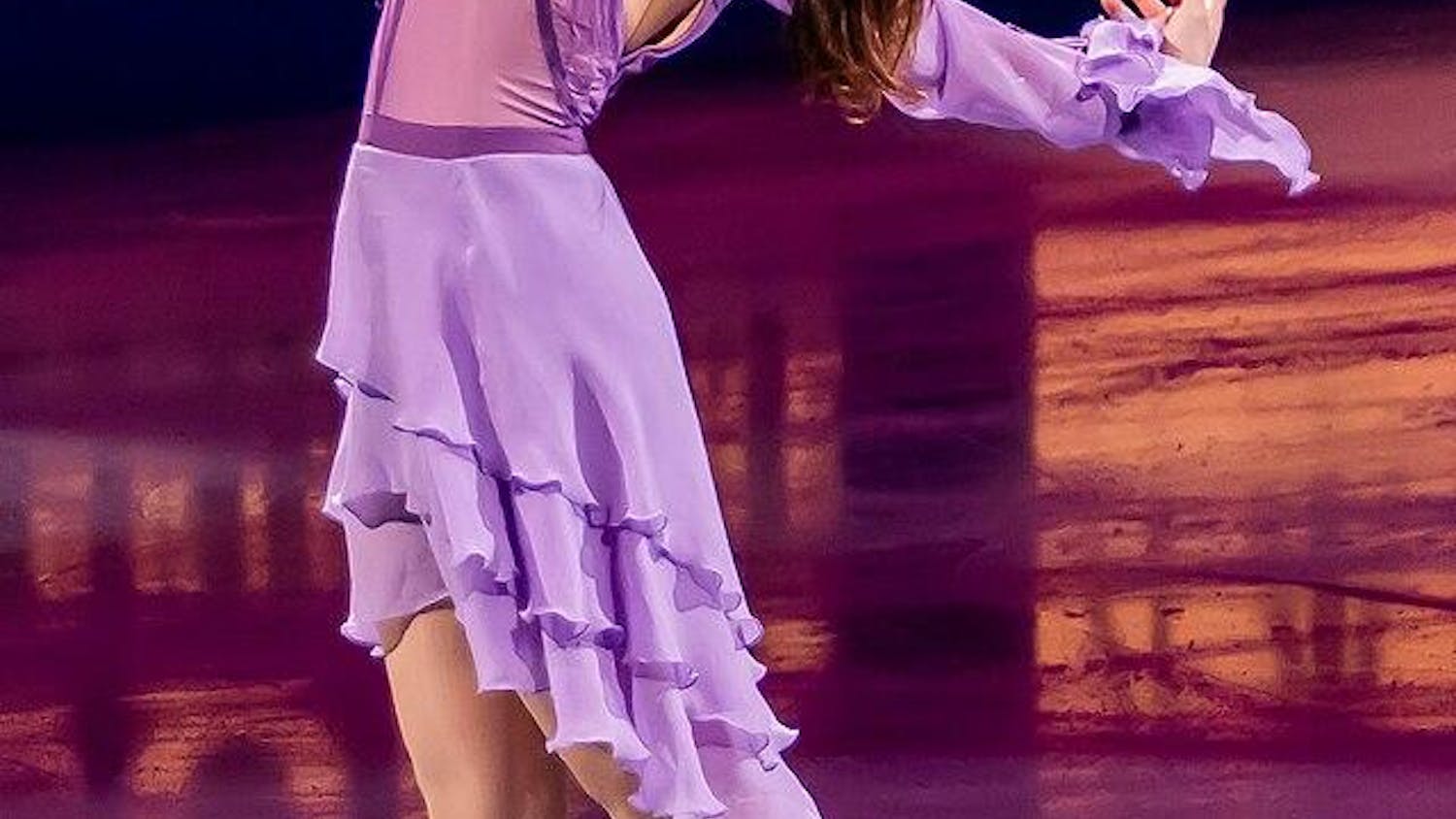From the same creator that brought us Sex and the City and Beverly Hills90210, the latest Netflix series Emily in Paris takes us on a journey of fashion, lifestyle and comedy as Lily Collins portrays a young American professional struggling to settle into her new life at a Parisian marketing firm.
Although the new series' allusions to culturally relevant topics on feminism in the advertising, fashion and professional industries were met with high praise, the show also received criticism for its myopic vision of Paris and its clichés about Parisian work and culture.
Since its release, many French critics have expressed their disappointment with how the show displayed Parisians in a negative and unprogressive light. In one article, French magazine Premierwrites: “We learn that the French are ‘all bad’ (yes, yes), that they are lazy and never arrive at the office before the end of the morning, that they are flirtatious and not really attached to the concept of loyalty, that they are sexist and backward, and of course, that they have a questionable relationship with showering. Yes, no cliché is spared, not even the weakest.” Upon all the unfavorable illustrations of Paris in Emily in Paris, Emily herself is relentless in her pursuit of adapting to Parisian culture. Throughout the show, Emily is given multiple chances to return to her comfortable life in Chicago — we see her boyfriend threaten a breakup if she does not return, her uptight boss ‘Sylvie’ fire her and her coworkers plot against her — yet, Paris has a certain je ne sais quoi that Emily finds too irresistible to escape.
In another critique of the show, French radio station RTL claims that the show distorts Parisian social and fashion culture to the extent that it is no longer recognizable: “Between the beret, the cocktail dresses and the impeccable streets, Parisians had a hard time recognizing their everyday life.” The radio station also declares that Emily in Paris was created to “sell dreams to lovers of the French capital.” However, for a show geared toward a mostly American audience, Emily’s avant-garde fashion sense coupled with the penetrating romanticism and luxury in every episode mirrors how many people outside France view the country’s culture. Parisian culture, to many, is all about passion, opulence and love. This is exactly what the show sought to depict — though it could have been done in a better way.
To those familiar with true Parisian culture, Paris is a place of regular romance (not the inflated fallacy of intensely passionate people), of regular people who struggle to meet deadlines and attend work punctually, and of regularly-dressed individuals who are only a step above Americans when it comes to their fashion sense. But then again, since France is home to almost every high-end designer, it would be expected that French people just happen to dress the part. Because people could hold multiple impressions of a single city such as Paris, the question then becomes: If people expect the creators of Emily in Paris to portray a realistic version of Paris, who is it supposed to be realistic to?
In a particularly harsh take on Emily in Paris, The Guardianwrites that “if [Emily in Paris] is a metaphor for American imperialism, then it is an effective one, but if it is an attempt to fluff up the romcom for the streaming age, then it falls over on its six-inch heels.” The idea of Emily in Paris being an analogy of imperialism is not too shocking, as multiple critics have expressed discontent with Emily herself — from having been a 22-year-old junior marketing executive in Chicago knowing no French at all to receiving an invitation to “help” a popular Parisian marketing firm become successful. Many viewers find it unrealistic that an American who did not bother to learn French until her arrival became an already well-established French marketing firm's savior.
In light of the criticism this quirky, feel-good romantic-comedy has attained, Lily Collins saw the backlash as a learning experience in a recent interview with Vogue Arabia: “As disheartening as it sometimes is to read these things, it's also a gift," she told the magazine. "You're being allowed to improve.”
With production of the show’s second season underway, many hope to see Emily's character evolve and the improved representation of Parisian culture, along with the progression of topics like feminism and professionalism.
Nkem Haffner is a sophomore in the College of Agriculture and Life Sciences. She can be reached at nch53@cornell.edu.











